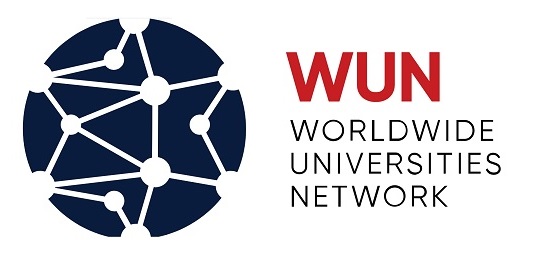Project overview

This project is addressing this knowledge gap by bringing together an international and cross-disciplinary team to investigate appropriate measurables and methodologies for consideration of life-cycle consequences of decommissioning offshore infrastructure around the world.
Tens of thousands of offshore structures provide energy to populations around the globe and many more are being built and planned. Many existing structures have or are approaching the end of their production life and need decommissioning. In most parts of the world, this involves complete removal of infrastructure from the oceans and disposal onshore but other options exist, including rigs-to-reefs approaches and in situ decommissioning. The full life cycle environmental and social costs associated with the alternative decommissioning outcomes are not understood in order to inform on the ‘best’ option.
This project is addressing this knowledge gap by bringing together an international and cross-disciplinary team to investigate appropriate measurables and methodologies for consideration of life-cycle consequences of decommissioning offshore infrastructure around the world – with particular emphasis on quantifying environmental and social consequences of decommissioning offshore infrastructure.
Everyone needs energy, and it is established that populations that use the least energy are most susceptible to the consequences of climate change from the development of fossil fuels. It is the global responsibility of scholars (along with government and industry) to ensure that the end of life options from the fossil fuel industry minimize environmental and social impact – particularly on the most vulnerable populations. Decisions made now regarding decommissioning oil and gas infrastructure will set precedent for decommissioning future generations of renewable energy technology
The initial team represent disciplines of engineering, archaeology, geography and business and will draw more broadly across the disciplines to form a working group through:
- Southampton Marine and Maritime Institute
- University of Western Australia’s Oceans Institute
- Tec de Monterrey’s Sustainability Institute
The project is funded by the Worldwide Universities Network.
Read more about the project.
This project led to the creation of a comprehensive global dataset of past, current and forecast ocean energy infrastructure and offshore energy resources, both hydrocarbon and wind, for the period 1960–2040. The data, collected together for the first time, has been made available in the public domain through an open access interactive online map. The resulting oceanscape provides insight into the type, quantity, density and geographic centres of the accumulating asset base, which in turn enables informed consideration of how marine space alongside design and end-of-engineered-life of ocean infrastructure can be managed responsibly and sustainably.
An open access paper accompanies the map, “Global assessment of historical, current and forecast ocean energy infrastructure: Implications for marine space planning, sustainable design and end-of-engineered-life management”, published in Renewable and Sustainable Energy Reviews.
The paper sets out the narrative drawn from the insights from the dataset and map and discusses technical, economic, environmental, social and legislative considerations relevant in shaping the future planning, design and decommissioning agenda for ocean energy infrastructure. The paper emphasises the need for balance between each to ensure responsible and sustainable management of our oceans in the transition to renewable energy.
The project was carried out by and the paper is co-authored by
- Susan Gourvenec, IROE Chair, from Engineering, University of Southampton
- Professor Fraser Sturt from Archaeology, University of Southampton
- Professor Emily Reid from Law, University of Southampton
- Professor Federico Trigos from the Business School of Technologico de Monterrey, Mexico.
Interact with the map by clicking on the map below.


